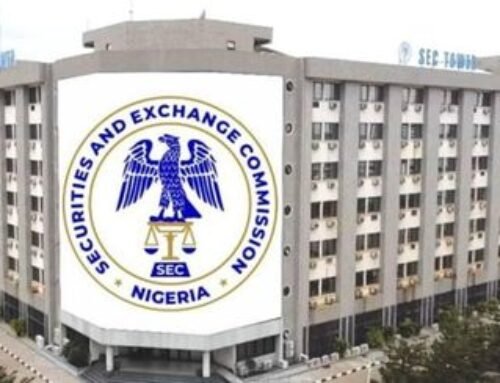
The year 2023 will usher in a new Government in Nigeria. Part of the economic challenges the incoming Government will face is dealing with the level of creditworthiness of the country.
A country’s rating depicts its creditworthiness and exerts a great deal of influence on borrowing costs. It also, in one way or another, impacts the rating of the subnationals and corporates.
From the data released by the Debt Management Office (DMO) in the third quarter of 2022, Nigeria’s public debt reached N44.6 trillion. According to the DMO, the figure represents a 2.9 percent quarter-on-quarter increase when compared to the N42.84 trillion recorded in Q2 of 2022. The external portion of the total public debt stock was N17.5 trillion, while the domestic debt stood at N26.92 trillion.
The growth in the debt stock is attributed to largely new borrowings by the Federal Government to part-finance the deficit in the 2022 Appropriation Act, as well as new borrowings by sub-nationals.
Nigeria’s sovereign ratings ranges from B- to B2 with stable outlook.
Following downgrades, the Federal Government is dealing with difficulties in the of cost of borrowing from the international market.
The rating downgrade was due to government debt service costs and worsening external liquidity, despite higher crude prices in 2022. Reports showed that low oil production and subsidy on petrol have eroded most of the fiscal benefits of high oil prices recorded in 2022 which will continue to stress the already low government revenue levels.
Experts also believe that any subsidy reduction or removal in 2023 would actually benefit public finances. However, the continued constrain in the level of oil production and the structurally low domestic non-oil revenue mobilisation could ultimately limit any potential gains.
The good news however is, as reported in December 2022, the state of crude oil production has improved, climbing to 1.6 million barrels per day compared to the 937,000 barrels per day recorded in September.
With the continuous efforts of the government to tackle oil theft, improve oil production and the possibility of subsidy removal during the year, Nigeria’s capacity to service debt should improve in 2023. Subsequently, the country’s sovereign rating should see either improvement or stability.








Leave A Comment